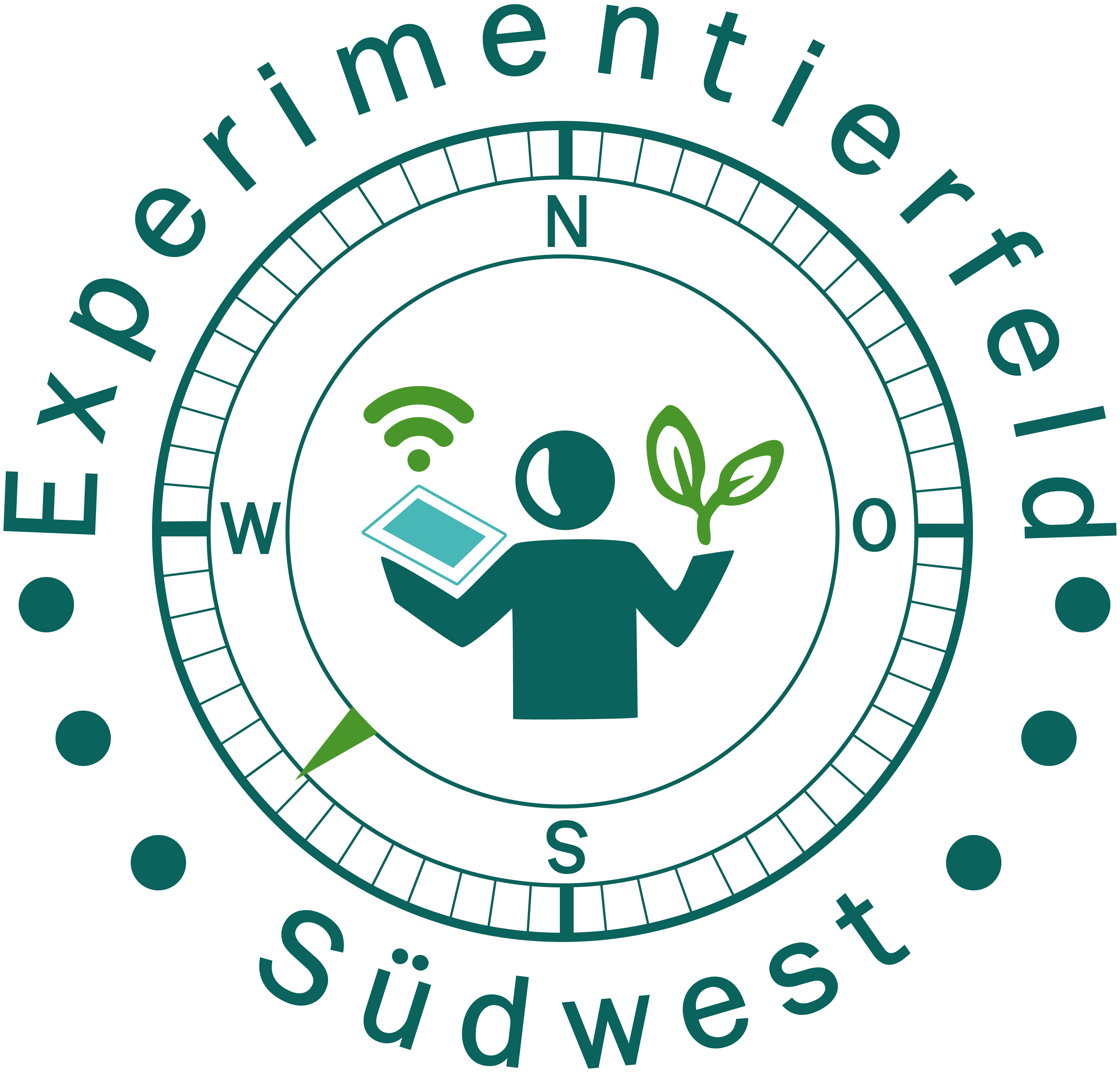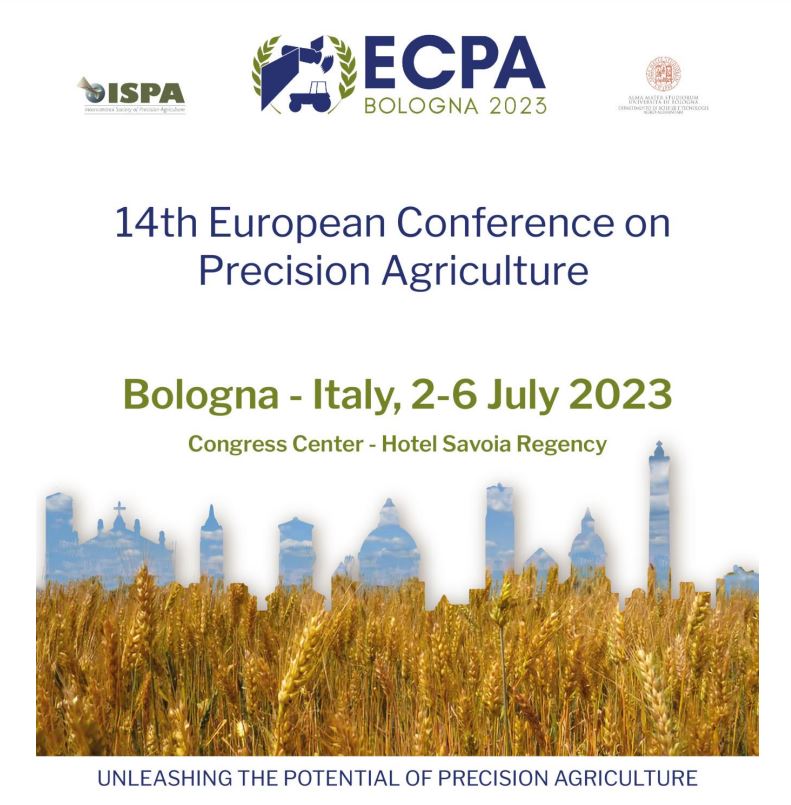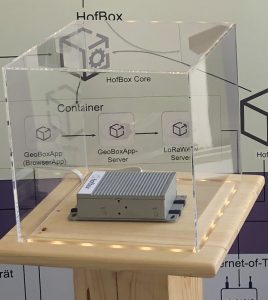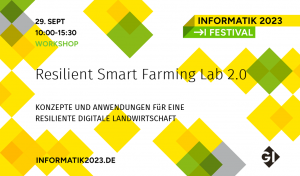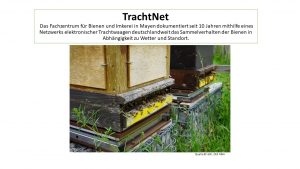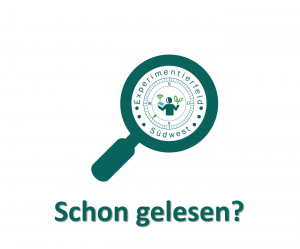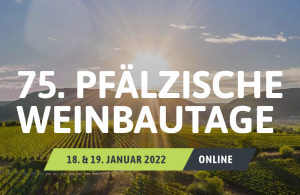Beiträge auf der European Conference on Precision Agriculture (ECPA)
Vom 2. – 6. Juli 2023 findet die European Conference on Precision Agriculture (ECPA) in Bologna (Italy) statt. Wir sind dort mit zwei Beiträgen vertreten.
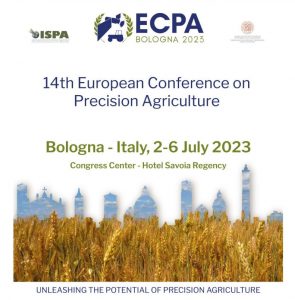
Die Titel der Beiträge lauten wie folgt:
- Resilient Smart Farming a conceptual and technological opportunity to strengthen resilience
(hier als Beitrag ECPA-2023-Book-of-Abstracts-Posters_ResilientSmartFarming)
The process of agricultural production is undergoing progressive digitalization worldwide, which is referred to as digital farming or smart farming [1,2], i.e., the share of software-based tools and purely software-based processes such as planning tasks is demonstrably increasing steadily [1,2]. Agriculture is an essential part of Critical Infrastructure as it is essential for global food production. This becomes especially important in times of diverse crisis events such as: War, Pandemics and Climate Change. Centralized and internet-dependent software-based infrastructures and applications are then particularly vulnerable. The concept and technological possibilities as well as the current developments of Resilient Smart Farming (RSF) show how data management can be designed according to the offline-first principle. A central building block here is Resilient Edge Computing (REC) and the developed HofBox: a mini-server that takes over data management on the farm and implements it with innovative, open source-based container technology Open Horizon [3,4,5].
- Farmwissen an innovative concept and platform for competence enhancement in Smart Farming
(hier als Beitrag ECPA-2023-Book-of-Abstracts-Posters_Farmwissen)
Today’s agriculture has plenty of digital technologies at its disposal. But how does the farmer know which application or technology is the right one for him and his farm?
In Germany, the Federal Ministry of Food and Agriculture (BMEL) funds projects that help to research digital technologies and test their practicality; these are called experimental trial fields. The focus is on knowledge transfer, i.e. putting the acquired knowledge into practice and building up competencies. Two of these projects, the project “Farm Management and Material Flow Management – Networked Agriculture in Schleswig-Holstein” (BeSt-SH) and “Experimentierfeld Südwest” (EF-Südwest) have taken this as an opportunity to bundle the knowledge and competences of all projects and make them available on the central, freely accessible platform “FarmWissen” on www.farmwissen.de (translates FarmKnowledge). Because if we take a closer
look at digitisation in agriculture, it quickly becomes clear that some challenges to the successful establishment of a new technology inhibit its use [1].
The basic idea of FarmWissen is to bundle knowledge about established and future-oriented digital applications and technologies and to present them in a way that is easy to understand. The benefit of such a knowledge transfer strategy lies in the possibility of individual farm-specific knowledge transfer, independent of time and place. The content on digitalisation in the agricultural sector should also play a decisive role in vocational, technical and higher education as well as in training and further education.
The components of FarmWissen consist of practical examples, which include detailed step-bystep instructions with a detailed list of ingredients, similar to a recipe for cooking, a FarmWiki, in which a detailed explanation of the individual ingredients of the practical examples or recipes takes place, and complicated preparatory work for individual examples is explained with images and video material in detailed tutorials.
